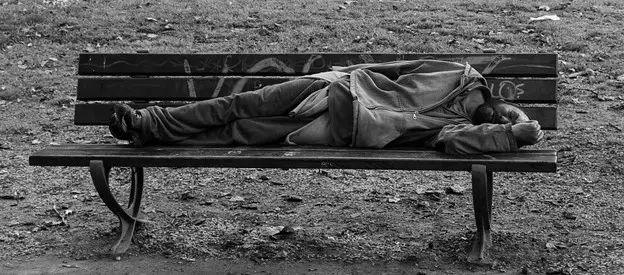The late actor Alan Rickman reportedly left some £100,000 in his will to various charities.
Rickman died in January this year, and he had updated his will three months before he died to ensure that the causes he supported were remembered. Those causes are thought to have included the Royal Academy of Dramatic Art, Sponsored Arts for Education and Saving Faces, and the International Performers Aid Trust.
What other famous people have left money to good causes?
For the most part, many very rich people who are still alive have announced their intention to give away a lot of their money to good causes, instead of passing it all on to their children.
They include Bill Gates, the Microsoft founder has an estimated personal fortune of $76 billion. However, some years ago he declared his intention of giving away most of his fortune. His three children are only (only!) to inherit $10 million each, whereas the rest of the money will go to the Bill and Melinda Gates foundation, which focuses on poor health and poverty.
Warren Buffett, the American business magnate and investor, is another notable philanthropist who has pledged to give away 99 percent of his fortune, primarily through the Gates Foundation. At one time, Buffett was thought to be the richest man in the world. Along with Bill Gates and the Facebook founder Mark Zuckerberg, he signed a pledge where he promised to donate at least half of his wealth to charity.
But leaving a gift for charity in your will isn’t just for the rich and famous. The charity Unicef says there are a number of myths about legacy giving – one being that it’s only for the wealthy. Charitable legacies left by ordinary people, it says, are the foundation of many charities and without them, a lot of good work couldn’t be done.
Legacies can give charities the financial resources required to cope with the things that can’t be planned for, such as conflicts, natural disasters and other emergencies.
Most charities have options for giving leaving legacies too, such as pecuniary gifts which allow for specific sums of money, or a residuary gift that means the charity gets a share of your estate once your family and friends have been taken care of. You can also give reversionary gifts – where your estate goes to your dependants while they are living, but then goes to the charity once they die.
Many people like the idea of leaving a legacy to a charity after they have gone, but do not get round to changing their will in time. Another charity legacy misconception is that you need to re-write your will if you want to include a charity donation. In most cases, this can be done by adding a codicil to your will.
Legacy gifts can be used by charities straightaway to continue research, help, aid and assistance to vulnerable people and more.
Finders Ireland can help in cases where people have died without leaving a will. We have years of experience in searching for missing wills or next of kin. Contact us on +353 (0)1 691 7252, Freephone (Ireland only): 1800 210 210 or contact@findersinternational.ie to find out more.


